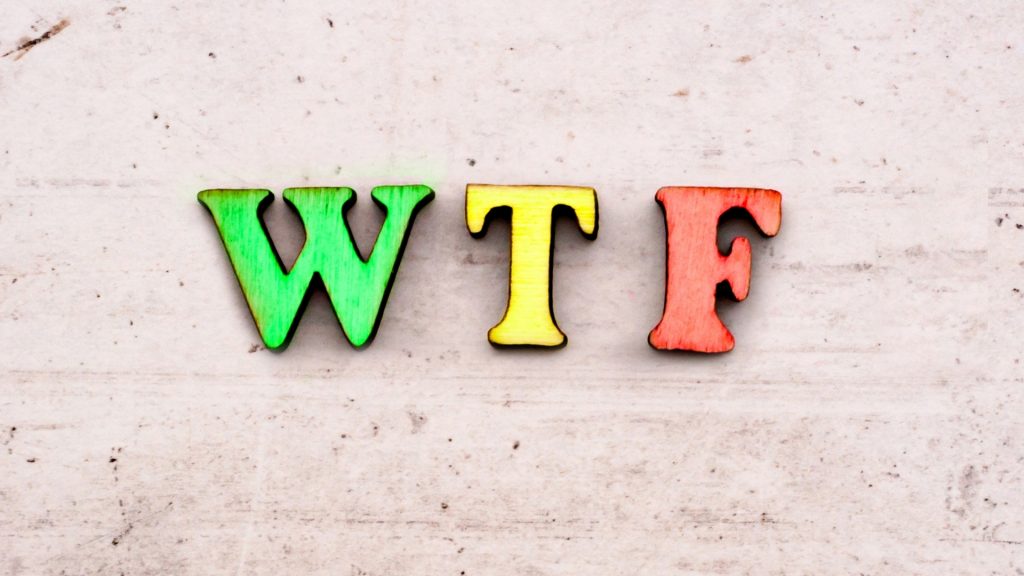Speaking like a native speaker is always great. And natural speech, as you know, is not complete without slang. Where to learn to speak, weaving actual colloquial words into your phrases? The textbook won’t teach you that. Let’s read the article and find out!

Great news: we’ve compiled a list of the most common German slang words that will help a non-native speaker speak like a local in Germany. Well, almost.
1. Ciao
Germans respect their southern neighbors so much that they even borrowed a greeting from them. After the Germans and Turks, Italians are the most widespread nation in the country, and they love to travel to Italy here since the time of Goethe.
2. Servus!
Quite a common greeting in southern Germany. Translated from Latin means “Ready to serve!” You can also use this word when parting.
3. Grüß Gott!
The phrase “God welcomes you!” in the south of the country, you can hear literally on every corner: from a cashier in a supermarket to a bus driver. But in other regions of Germany you need to be more careful with it, otherwise people may not understand you so well.
4. Na?
This is another common way to greet someone you know. The stretched “Naaaa?” means something like “Well? ..” This question does not need to be answered.
5. Tschüß!
The word used in parting is both in person and over the phone. It is said very often, including in different variations like “Tschü”, “Tschü-tschü” and “Tschüßi”. You can often hear it in modern German films.
6. Moin
It is to this form that the word “Morgen” (that is, “good morning”) is shortened in northern Germany – in Bremen, Hamburg, Lubeck. Moreover, the time of use is not limited only in the morning. But on the territory of the historical region of Frisia, that is, in the modern state of Schleswig-Holstein on the border with Denmark, this word is repeated twice.
7. Mach’s Gut
Modern farewell, roughly translated as “Goodbye!” The East German accent turned this phrase into “Mach’s Jut”. To such a goodbye, you can answer “Mach’s besser” – that is, “And you have even better!”
8. Bis nächstes Mal
Literally translated as “Until next time!” and is a worthy replacement for the textbook “Auf Wiedersehen!”
9. Na ja ….
This interjection indicates the indecision of the one who pronounces it. For example, a girl is asked: “Do you like Mattias?” If she starts her answer with “Na ja”, it means that she is not very good, or she is embarrassed to talk about it.
10. Nö / Nee
Oddly enough, the classic “Nein” is not always pronounced in Germany. “Nö” and “Nee” can be heard much more often in live conversation.
11. Geil
This word is not easy: in modern German it can have several translations, one of which is not entirely decent, as it is used in a disapproving context and means “lustful”. But the other two – “cool” and “beautiful” – can be heard much more often. If you happen to hear the phrase “Leider geil” (unfortunately, cool) – know that this is an allusion to the video of the same name by the group Deichkind, which tells about cool things, but negatively affecting a person.
12. Hä?
Germans often accompany what they say with gestures. One of them is a finger at the forehead, the tapping of which, in turn, is accompanied by the question “Häää??” Translation – something like the English “WTF ?!”
13. Auf jeden Fall
Quite a frequent phrase that translates as “in any case” it is practically a word-parasite. If you want to say “no way”, then use the expression “auf keinen Fall”.
14. Theoretisch schon – im Prinzip – im Endeffekt
“Theoretically yes”, “in principle”, “in the end” – this is how these three expressions are translated. The Germans have earned a reputation as poets and thinkers (Dichter und Denker) thanks to, among other things, academic phrases like these that are constantly used in everyday speech.
15. Das Leben ist kein Ponyhof
“To live is not for you to ride a pony.” This phrase can be heard a lot in the German-speaking environment. Analogue – “To live life is not a field to cross”.
16. Nur ein Schwein trinkt allein
“Only a pig drinks alone” – with this saying the Germans demonstrate their attitude to alcohol. Alcohol for a German is an excuse to talk to nice people and have a good time.
17. Krass
This German word is consonant with the English “crass”, which in one of the meanings is translated as “crap”. In German it means about the same, but it is often used in phrases with a positive connotation: “Krasse Musik!”, “Krasses Essen!”
18. Polnischer Abgang
Leaving in Polish is like leaving in English, only in Germany. If you suddenly find yourself at an unplanned party with colleagues and want to leave without saying goodbye – leave in Polish.
19. Assi
Assi is short for “Asozial”. Asocial in Germany is called a rude or annoying person who does not know how to behave in society and does not think about others.
Do you want to get your German language learning planner?
Dive into a World of German Mastery with Leo. Over 7500 enthusiasts are already unlocking the secrets to fluency with our tailored strategies, tips, and now, the German language learning planner. Secure yours today and transform your language journey with me!






